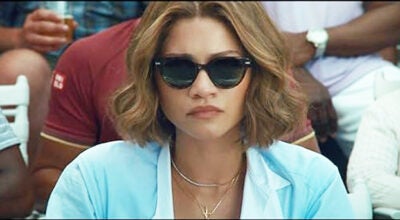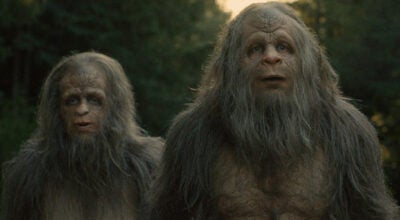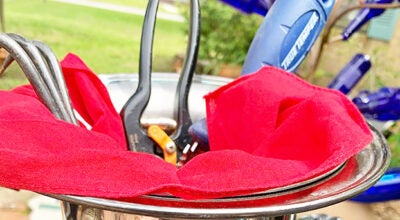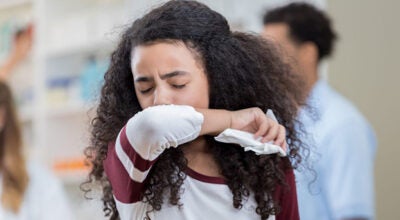Stickney: See how much the old man learned?
Published 11:29 am Thursday, August 30, 2018
PEABODY, Massachusetts — When they wheeled Pops off to surgery, he was skittish enough I knew he was awake. That wouldn’t last long.
It’s wasn’t major surgery, either, just something he could describe graphically enough that I would pray to be spared even a few minor details. No chance of that. At 86, every surgery seems major, especially your own.
Surgery and recovery gave me time to slip away for breakfast, still early enough to be the only guy at the restaurant. Sun was up; so was the son.
It gave me pause over black coffee and eggs to consider my good fortune. When the old man needed me, I could be there. That’s a small mercy for both of us.
My big brother — also a transplanted Texan — caught the last medical procedure. This was my turn. Glad to do some small share.
My good fortune, too, is to have a father at all at my age. He was 21 when I was born; remarkably, and not by careful diet and exercise, he hangs in there. He’s even cheerful about it. Good genes? His father, bad to drink at times, died at 62; his mother, who gave birth 13 times, died of diabetes in her late 40s.
A refill on the coffee gave me chance to recollect that mine was never the cool dad in the neighborhood. Others had flashier jobs — cop or firefighter — or longer educations. Most followed sports; mine, on his own since 16, worked from the moment he woke up until his head hit the pillow. He never watched a game I played. Other fathers were quicker with a joke, mine struggled to appreciate some of the punch lines.
Long years proved the measure of many of those cool dads. Some ran around on their wives; some gambled. We learned all that later. The guy with an Ivy League education wound up a Skid Row drunk. I sat on the barstool next to him one night, years later, and listened to his hard-luck stories, which seemed to have no end.
What did Mark Twain say about his dad? “When I was a boy of 14, my father was so ignorant I could hardly stand to have the old man around. But when I got to be 21, I was astonished at how much he had learned in seven years.”
Mine rose early in the mornings, read Scripture over black coffee, then the newspaper. (A Goldwater man, he hated the Boston Globe, but bought it.) He gave up cigarettes, then his pipe. Other fathers slipped away, he hung on, living at the same address since 1960, ever cheerful.
War hero? Not Pops. His ship blew up off the coast of Rhode Island, victim of a faulty boiler. That’s our martial tradition, it seems. Some sailors died. My father’s burns weren’t enough to get him a medal or even official mention as “wounded.” I read about his burns in a yellowed news clipping he keeps.
But a hero? Father Theodore Hesburgh, the old Notre Dame president, said, “The most important thing a father can do for his children is to love their mother.”
When my mother was diagnosed with Alzheimer’s and dementia, he became her constant caregiver, a role he served faithfully for more than four years, into his early 80s. They took up watching sports together — football, then baseball, even golf. He found he liked sports more than he’d ever imagined.
That’s what we did the few nights I could stay for his convalescence. We watched the pre-season Patriots, some Red Sox games, even a Canadian Football League game. Whatever was on. Life is good if you know how to grasp it.
When I left for the airport — a 3 a.m. wake-up call for a discounted flight — Pops gave me a kiss on the top of the head and thanked me for being there. I returned the smooch — two bald guys in a living room I know well — and told him it was my pleasure.
It really was. Every step of the way.
Ken Stickney is editor of The News.





